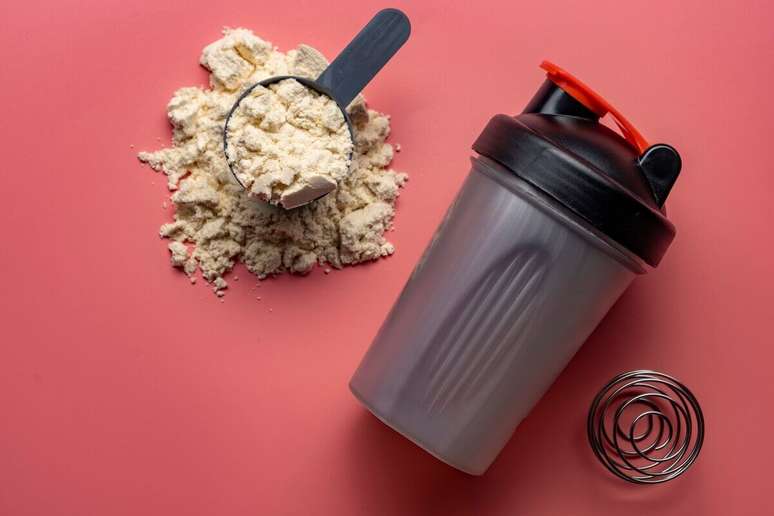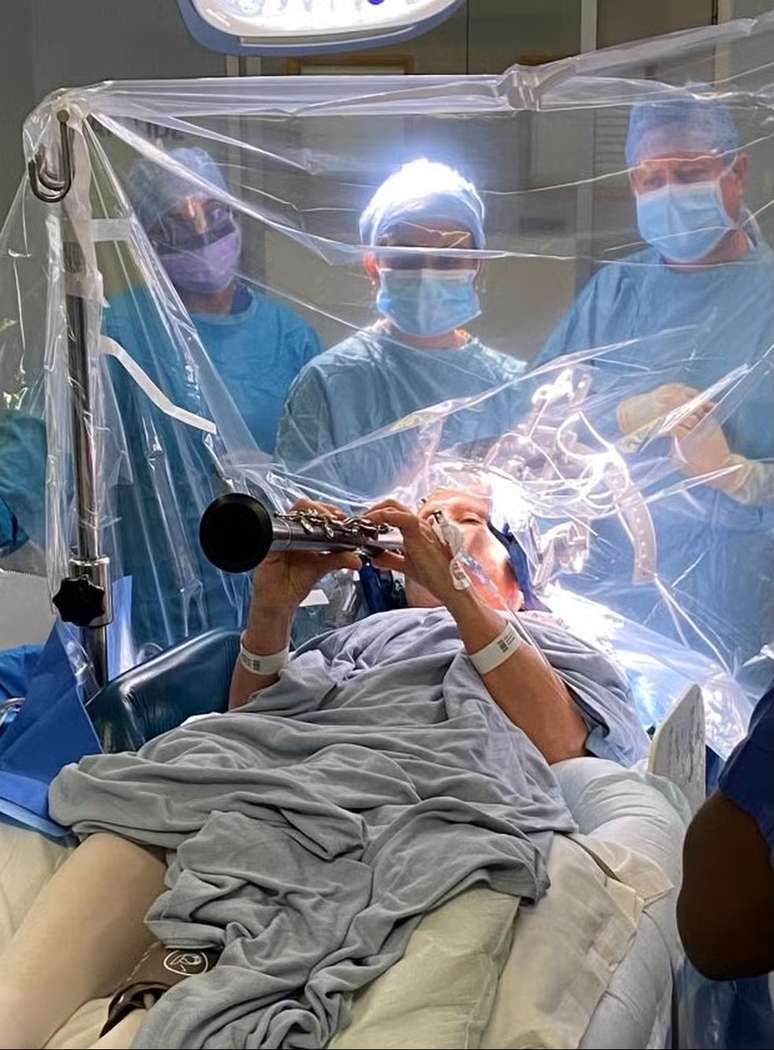Find out how a proper diet contributes to muscles and overall health
Muscle mass plays a critical role in maintaining overall health and well-being throughout life. It’s essential not only for strength and mobility, but also for supporting your metabolism, as active muscles help regulate calorie expenditure and energy balance, making it easier to maintain a healthy weight.
Additionally, muscle mass helps protect bones and joints, reducing the risk of injury and helping to prevent diseases such as osteoporosis and sarcopenia (age-related loss of muscle mass).
In this context, the growing research for the development of muscle mass has been reflected in the national market, with the increase in the number of gyms and the availability of increasingly alternative diets that promise to help more easily in the process known as “mass building”. muscular”. form”.
Food to increase muscle mass
Nutritionists Hamilton Roschel and Felipe Marticorena, partners of International Institute of Life Sciences (ILSI), highlight that, in addition to the aesthetic aspect, muscle mass plays a fundamental role in the health of the human body, contributing to adding longevity and quality of life to the individual.
“The increase in muscle mass is influenced by several factors, including two main ones: the mechanical stimulus provided by physical exercise and adequate nutrition. Assuming that the individual is well guided in relation to his exercise program, the next step is to evaluate and, if necessary, adjust the diet”, they underline.
According to them, when eating to gain muscle mass, all nutrients are important. “It is worth pointing out that each of the macronutrients present in our diet, known as carbohydratesfats and proteins play a specific and equally fundamental role; no one is “bad or good”. Good food planning will include the quantity, distribution, preparation methods, sources, among others, of these macronutrients, always taking into account habits, beliefs, routines, culture and personal preferences,” they explain.
Myths and truths about diet and muscle mass
To contribute to the knowledge of effective meal plans, as well as the demystification of the famous “fad diets”, professionals list 4 myths about the relationship between food and muscle mass gain. Check!
1. Vegans don’t consume enough protein to gain muscle mass
Although the vegan diet excludes animal protein sources, it offers a wide variety of protein-rich plant sources that, when combined appropriately, can fully meet the needs of those looking to increase muscle mass.
It’s true that animal sources tend to have a more complete amino acid profile, meaning all essential amino acids are present in proportions suitable for building muscle. On the other hand, many plant sources, when evaluated in isolation, may not be as complete.
However, it is at this point that nutritional planning becomes essential. By combining different plant sources, such as cereals and legumes, our traditional rice and beans, it is possible to obtain a complete amino acid profile, ensuring that protein needs are met, allowing vegans to increase muscle mass.
2. Intermittent fasting is superior to other weight loss methods
For years, intermittent fasting has been promoted as a miracle strategy for achieving much-desired fat loss and simultaneous muscle gain. However, the idea that it is superior to other methods or diets for these purposes is not supported by the scientific literature. It’s worth noting that intermittent fasting isn’t necessarily ineffective, but it doesn’t stand out compared to other approaches.
The science seems congruent in pointing out that the main reason for weight loss in any nutritional strategy is calorie deficit, i.e. consuming fewer calories than you burn. When it comes to gaining muscle mass, in addition to not being superior, intermittent fasting may also be less effective than other approaches. This is because limiting the eating window can make it difficult to consume adequate protein and calories, which are essential for optimizing muscle gain, especially in individuals seeking hypertrophy.

3. Protein supplements and BCAAs increase protein synthesis
For decades, branched-chain amino acids (BCAAs: leucine, isoleucine, and valine) have been widely marketed under the premise of increasing protein synthesis and, in turn, optimizing muscle mass gain. However, scientific evidence does not support these claims, as much of this argument is based on extrapolation of the biochemical properties of these amino acids rather than their clinical effects.
You BCAAs – in particular leucine – can, in fact, activate muscle growth pathways. However, the intake of complete proteins is not only significantly more effective in activating these mechanisms necessary for true muscle building, since they provide all the essential amino acids and not just the three that make up the BCAAs.
Regarding protein supplements (for example, serum proteinalbumin, casein or soy), it is important to highlight that its consumption is justified only in situations where it is not possible to obtain an adequate protein intake through the diet or there is a specific need to supplement the usual diet.
4. Creatine can harm the health of the body
Despite its proven effectiveness, many myths about creatine are still widespread. One of the most common is the idea that creatine causes kidney damage. However, scientific literature demonstrates that the use of creatine in the recommended doses, from 3 to 5 grams per day, is safe, even in the long term, and is not associated with kidney problems or other worsening of clinical parameters. It should be noted that the use of creatine by patients with kidney disease is not recommended, as there are no studies on its safety for this population.
Another widespread myth is that creatine can cause dehydrationmuscle cramps or gastrointestinal problems. However, these effects have been refuted by several studies and these claims have no scientific support. What actually occurs, but which should not be interpreted as a negative effect, is a possible and expected increase in the volume of water inside the muscle cell, since creatine is stored there.
This effect can lead to an increase in body weight, which can vary from a few grams to 1-3 kg. However, this weight gain should not be confused with an increase in muscle mass or fat, as it is simply the result of increased water incorporation within the muscle cell to balance the osmolarity of the environment.
By Milena Almeida
Source: Terra
Rose James is a Gossipify movie and series reviewer known for her in-depth analysis and unique perspective on the latest releases. With a background in film studies, she provides engaging and informative reviews, and keeps readers up to date with industry trends and emerging talents.







